A blog for bugs
24/05/2017 in Conservation
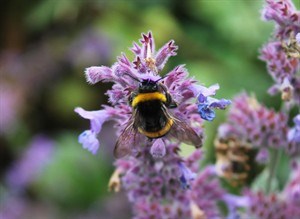
Happily, a bee bumped into me on my bike the other week as I headed down to the Scottish Wildlife Trust offices in Leith for a beaver meeting – a sign of spring and an invertebrate encounter that added to a month of entomological activities.
One of the stories that stayed with me from George McGavin’s entertaining Tribal Elder talk in March was that, as a boy traveling from Edinburgh to Oban on his holidays, he remembered his parents having to stop the car to clean the windscreen at some point on the journey due to the abundance of bugs whose fate caused a visibility issue.
Whilst some may have considered this an annoying inconvenience, I was alarmed for a different reason. Alarmed because I couldn’t easily recall a similar experience, certainly not in the last ten years and possibly even further back than that.
George’s comments further justified our conservation efforts with invertebrates here at RZSS. As he pointed out, if we take care of the little guys we would likely be benefiting pretty much everything else.
One of the most stark examples of decline here in Scotland is the pine hoverfly (Blera fallax), we are currently learning all we can about breeding the species as part of the conservation efforts to ensure it doesn’t go extinct in Scotland. Many species of insects can be particularly difficult to manage in captivity as they have very specific needs and requirements. This applies to the species known to science or ‘described’ and it is suggested that there are possibly millions more that haven’t yet been described. It often takes a dedicated individual with a passionate interest to improve our understanding and highlight the less obvious. One woman who has historically contributed a huge amount to our entomological knowledge is Maria Sibylla Merian.
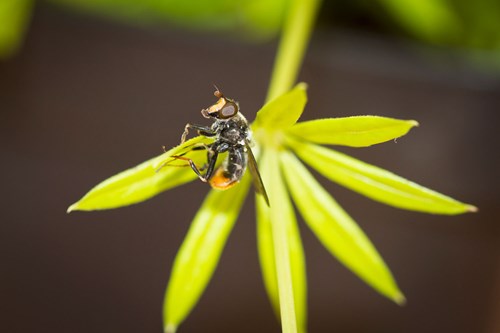
The Queens Gallery, Palace of Holyroodhouse, are currently exhibiting ‘Maria Merian’s Butterflies’ and it is well worth a visit if you find yourself in Edinburgh before 23 July. Viewing the exhibition with a mix of people from the art world and environmental conservation practitioners was a very fitting start to the exhibition as the plates that are displayed are both beautiful to look at and a fascinating insight into insect metamorphosis. The vibrant colours used to paint the life cycles of insects are striking and everything is represented in life size. As someone who works in conservation, I was left wondering and hoping that many of the species observed between 1699 and 1702 by Maria still existed today.
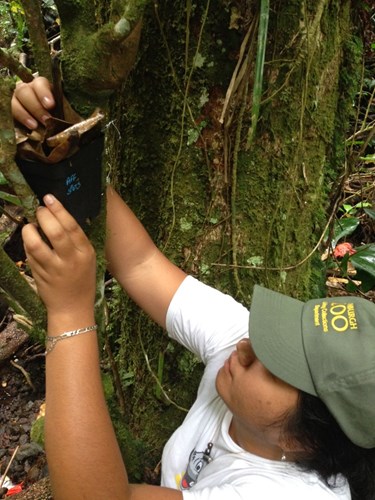
RZSS Edinburgh Zoo has recently returned 671 Partula snails – some species of which had become extinct in the wild – to their native habitat. You can read more about our tremendous success in breeding Partula snails and their return to French Polynesia last year here. So far, the project is showing signs of success and is being delivered by RZSS Edinburgh Zoo in partnership with several other zoological collections and the Polynesian Government.
Whilst efforts are needed at a landscape scale to improve the abundance of our invertebrates here in Scotland, RZSS is involved in conservation efforts for two species - the pond mud snail and pine the hoverfly. Following George McGavin’s talk, people attending the lecture generously donated towards the Society’s invertebrate conservation work. The money has enabled us to purchase equipment to aid our conservation breeding efforts and equip fieldtrips to assess the status of invertebrate species we are working with now and in the future.
If you want to keep up to date with our invertebrate work, make sure you return to the RZSS blog for updates from both our conservation and living collections teams.
Sarah Robinson
RZSS Head of Conservation Programmes
Featured Articles

An update from the Budongo Forest
19/04/2024 in Conservation
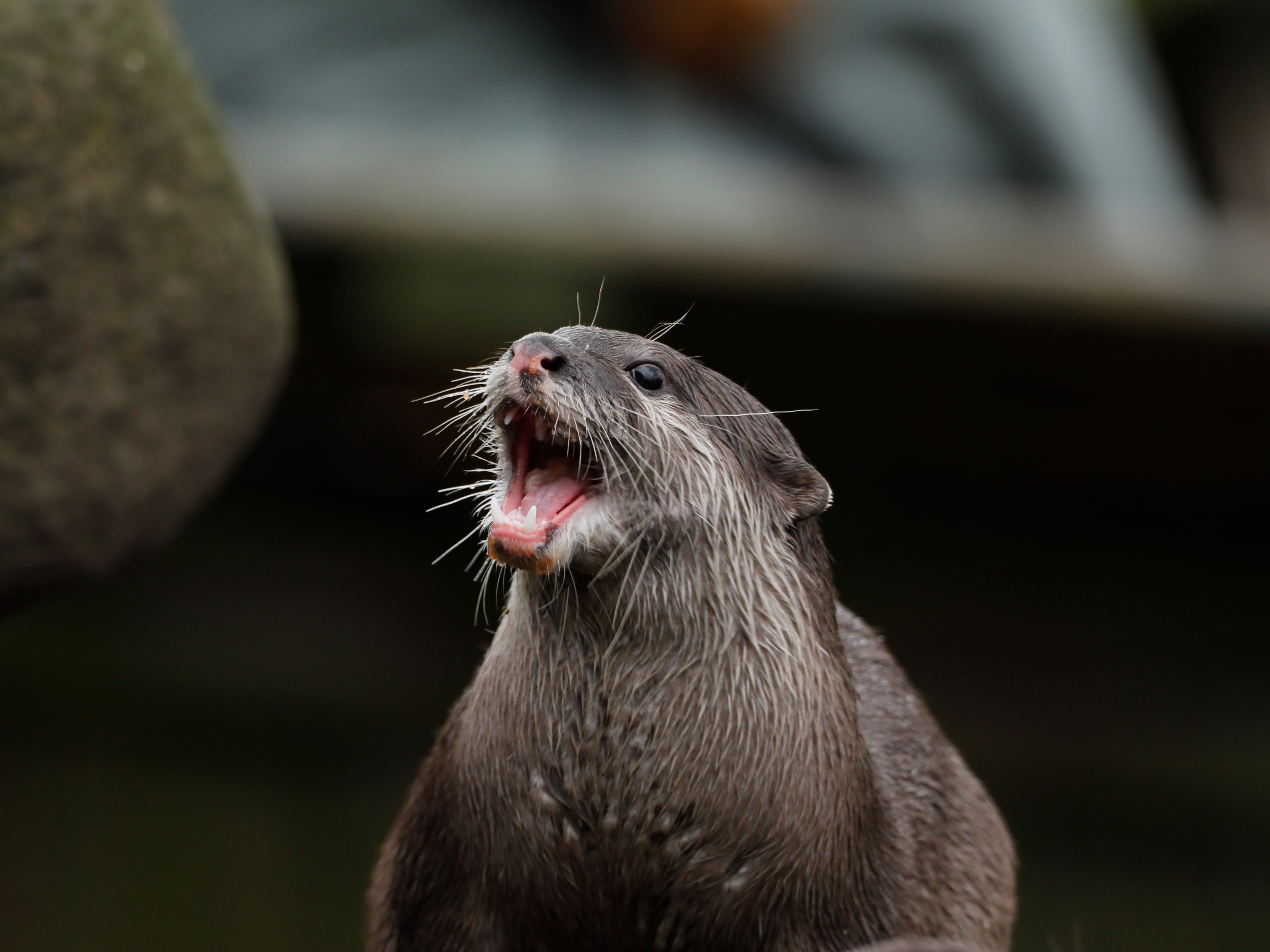
Edinburgh Zoo named best zoo in Scotland
15/04/2024 in Edinburgh Zoo

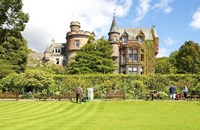

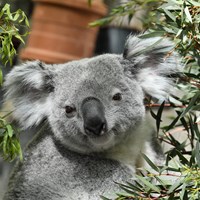
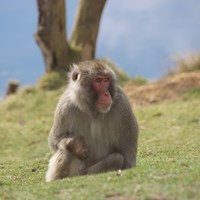
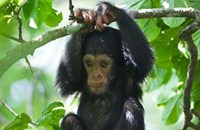
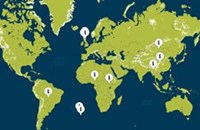
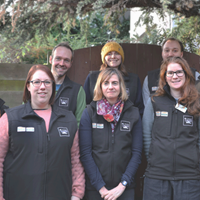
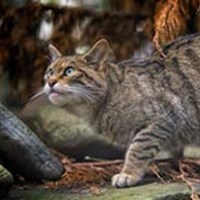
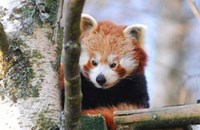
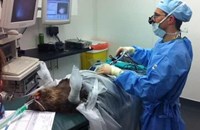

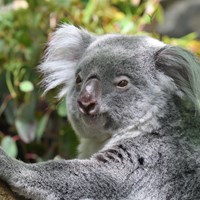

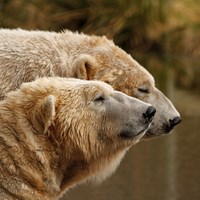

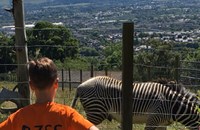

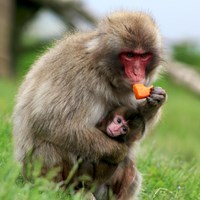
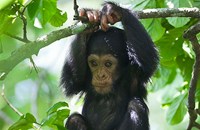
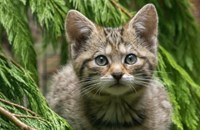
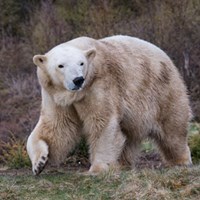
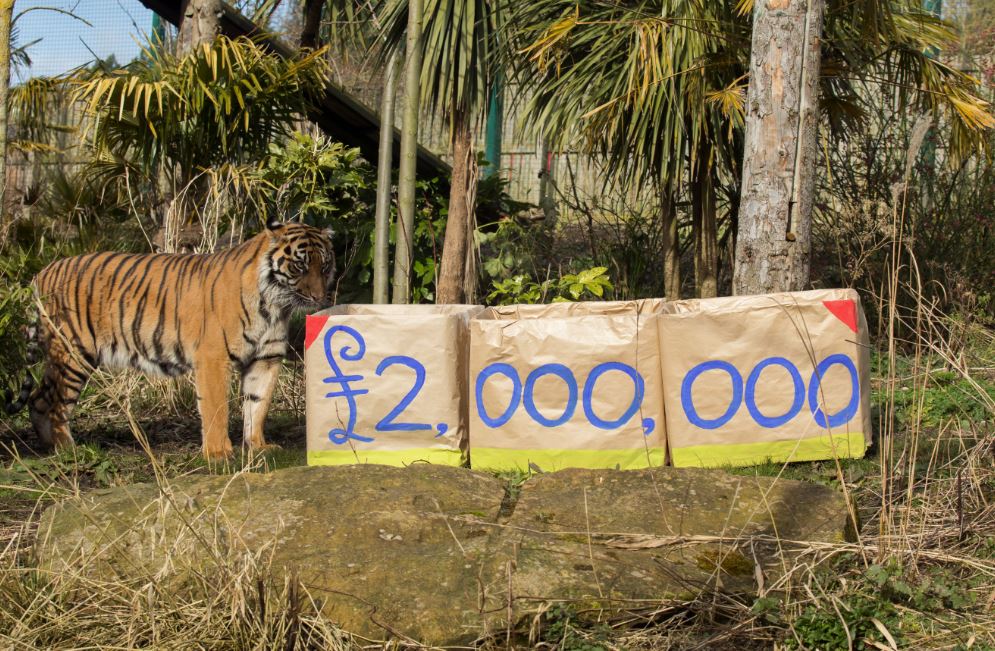

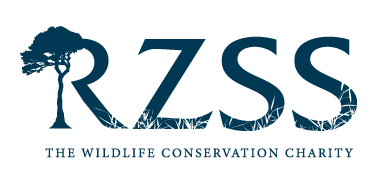
Follow EZ